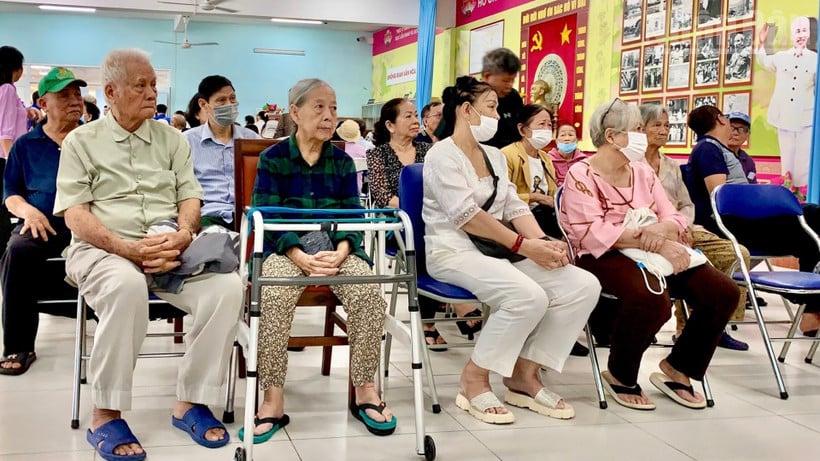
At a recent scientific conference organized by the Vietnam Respiratory Society in collaboration with Pfizer Vietnam in Ho Chi Minh City, hundreds of medical staff analyzed the current situation, updated the latest epidemiological data related to respiratory syncytial virus, and proposed proactive prevention solutions to protect the two most vulnerable groups: children and the elderly.
Two groups of people susceptible to respiratory syncytial virus
Infants and young children are currently the group most severely affected by respiratory syncytial virus infection. Each year, 3.6 million children are hospitalized, of which 50% are under 6 months of age. More worryingly, three-quarters of those hospitalized are healthy, full-term infants, showing that no child is completely immune to this virus.
Respiratory syncytial virus attacks the respiratory system directly, causing cough, fever, rapid breathing, wheezing and in many cases can lead to severe pneumonia, respiratory failure. If not detected and treated promptly, children may have to be admitted to the intensive care unit for mechanical ventilation, long-term treatment with the risk of many sequelae later.

Professor, Doctor Nguyen Thi Ngoc Phuong, President of the Ho Chi Minh City Association of Reproductive Endocrinology and Infertility, shared: “There is no specific treatment for respiratory syncytial virus. In the early stages of life, the child's immune system is still weak, most of the protective antibodies come from the mother during pregnancy. Therefore, taking care of and monitoring the health of pregnant mothers and newborns is extremely important to create a healthy respiratory foundation for the baby.”
Many international studies have shown that children who were infected with respiratory syncytial virus in the first years of life have a higher risk of developing asthma and chronic wheezing than those who were not infected. This shows that the impact of the virus does not stop at the acute stage of the disease but also lasts throughout the child's development.
If young children are the beginning of the protective loop, the elderly are the most vulnerable end. In people aged 60 and older, respiratory syncytial virus often starts silently like a cold but can easily become severe in people with underlying diseases such as cardiovascular disease, diabetes, asthma or chronic obstructive pulmonary disease.
Therefore, protecting children today means building a health foundation for future generations, and protecting the elderly today also helps reduce the source of infection for children in the family.

According to Associate Professor, Dr. Le Khac Bao, Deputy Director of the University of Medicine and Pharmacy Hospital in Ho Chi Minh City, one in ten elderly people infected with respiratory syncytial virus must be hospitalized for resuscitation. “This virus can make heart disease and lung disease worse, increasing the risk of stroke and heart failure. Notably, after being discharged from the hospital, many people still have difficulty in daily activities due to reduced physical strength and respiratory function.”
In the context of Vietnam entering the aging population stage, the elderly group is growing, the risk of respiratory syncytial virus spreading and causing a burden on the health system is something that needs more attention.
Early action is needed.
Health experts say that preventing respiratory syncytial virus must start early with close coordination between families, medical facilities and the community.
Washing hands regularly, covering your mouth when coughing or sneezing, keeping the environment well-ventilated, and limiting children's contact with people with respiratory symptoms are simple measures that have proven effective in preventing the spread of the virus.

In addition, monitoring pregnancy health, ensuring nutrition for pregnant mothers and full vaccination are key factors to help newborns have good immunity right from birth.
“Preventing respiratory syncytial virus is protecting infants and the elderly. When each family takes proactive measures, we will create a circle of protection that helps reduce infection, reduce disease progression and reduce pressure on the health system,” said Dr. Mark Fletcher, senior director of vaccine research and development at Pfizer.
Respiratory syncytial virus is not new but is being re-evaluated as a serious medical challenge. Especially in the context of the Covid-19 pandemic, when everyone's respiratory system becomes more sensitive, proactively preventing respiratory diseases becomes even more urgent.
In a densely populated urban area like Ho Chi Minh City, the risk of respiratory diseases is always present, so vigilance and proactive prevention measures against respiratory syncytial virus should not be taken lightly.
When each family participates in the protective loop from home to classroom to nursing home, each link contributes to joining hands with the health sector to form a strong shield against this virus, especially at a time when respiratory diseases begin to increase.
Source: https://nhandan.vn/chu-dong-phong-ngua-bao-ve-tre-nho-va-nguoi-gia-trong-mua-benh-ho-hap-post918527.html



![[Photo] Prime Minister Pham Minh Chinh chaired a meeting to discuss solutions to overcome the consequences of floods in the central provinces.](https://vphoto.vietnam.vn/thumb/1200x675/vietnam/resource/IMAGE/2025/10/29/1761716305524_dsc-7735-jpg.webp)

![[Photo] Flooding on the right side of the gate, entrance to Hue Citadel](https://vphoto.vietnam.vn/thumb/1200x675/vietnam/resource/IMAGE/2025/10/28/1761660788143_ndo_br_gen-h-z7165069467254-74c71c36d0cb396744b678cec80552f0-2-jpg.webp)

![[Photo] National Assembly Chairman Tran Thanh Man received a delegation of the Social Democratic Party of Germany](https://vphoto.vietnam.vn/thumb/1200x675/vietnam/resource/IMAGE/2025/10/28/1761652150406_ndo_br_cover-3345-jpg.webp)
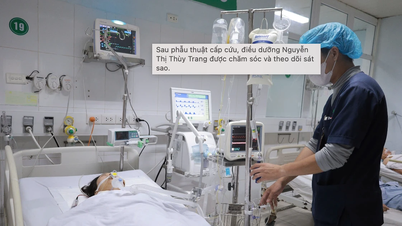





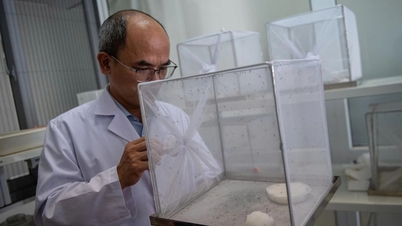
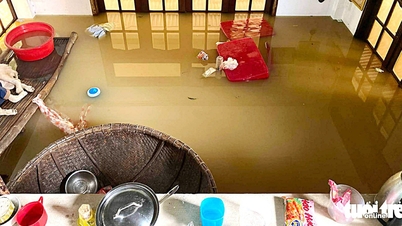





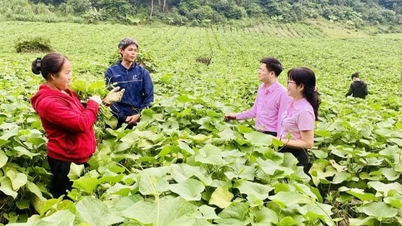

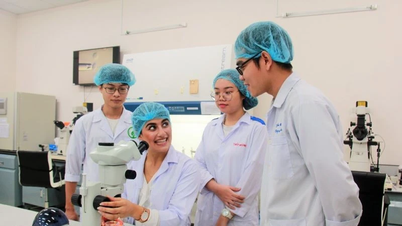
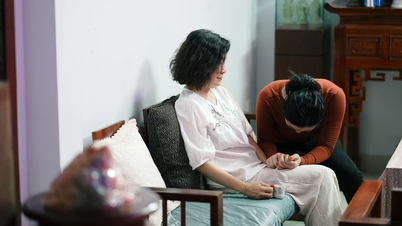
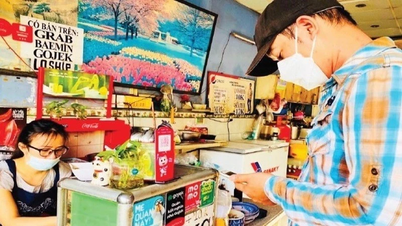

![[Photo] Draft documents of the 14th Party Congress reach people at the Commune Cultural Post Offices](https://vphoto.vietnam.vn/thumb/1200x675/vietnam/resource/IMAGE/2025/10/28/1761642182616_du-thao-tai-tinh-hung-yen-4070-5235-jpg.webp)
![[Photo] President Luong Cuong attends the 80th Anniversary of the Traditional Day of the Armed Forces of Military Region 3](https://vphoto.vietnam.vn/thumb/1200x675/vietnam/resource/IMAGE/2025/10/28/1761635584312_ndo_br_1-jpg.webp)















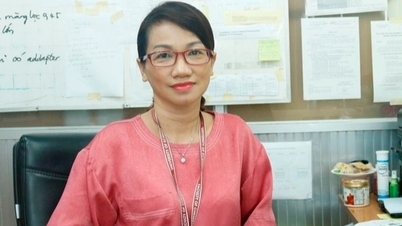





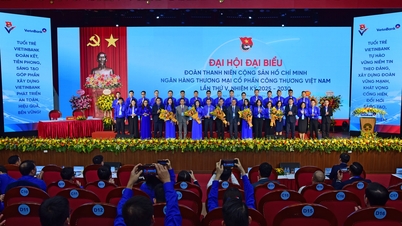
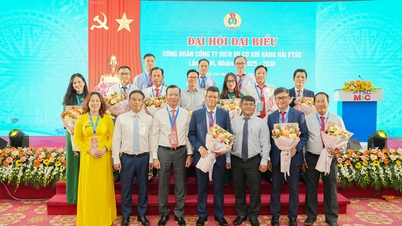

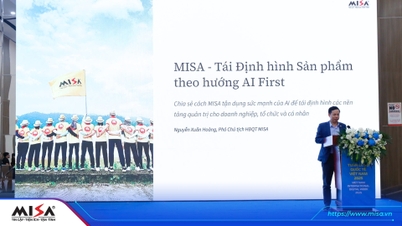







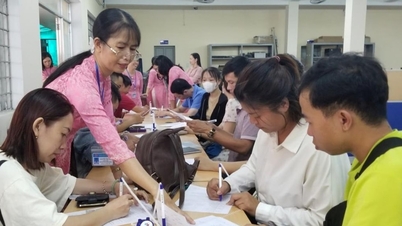



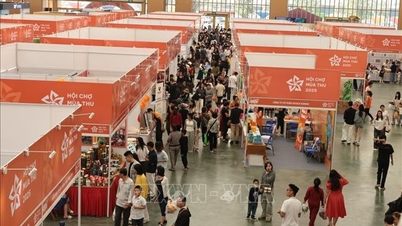

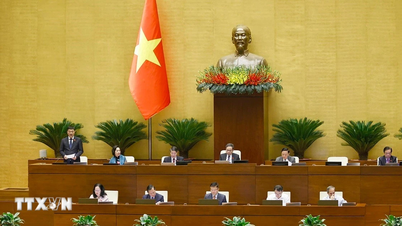

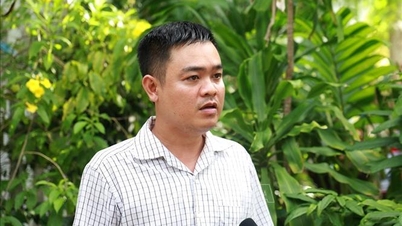
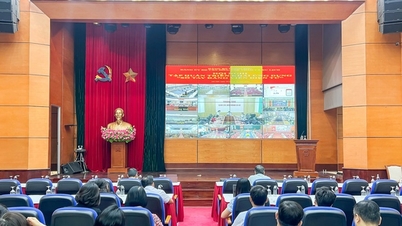



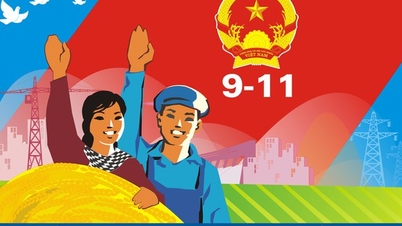
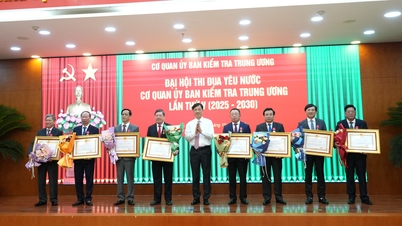

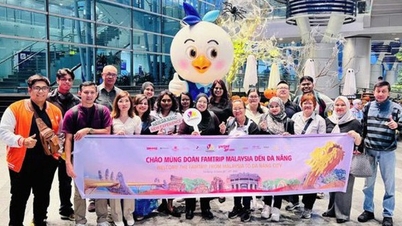
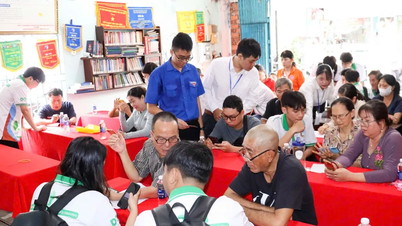

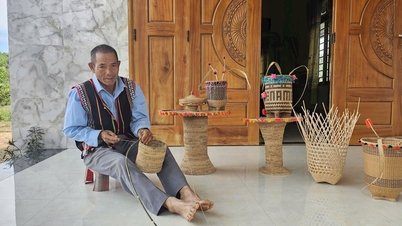



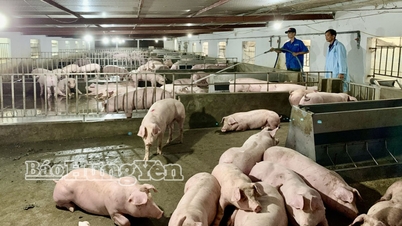

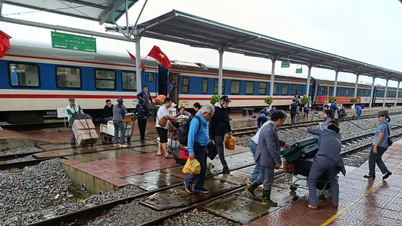














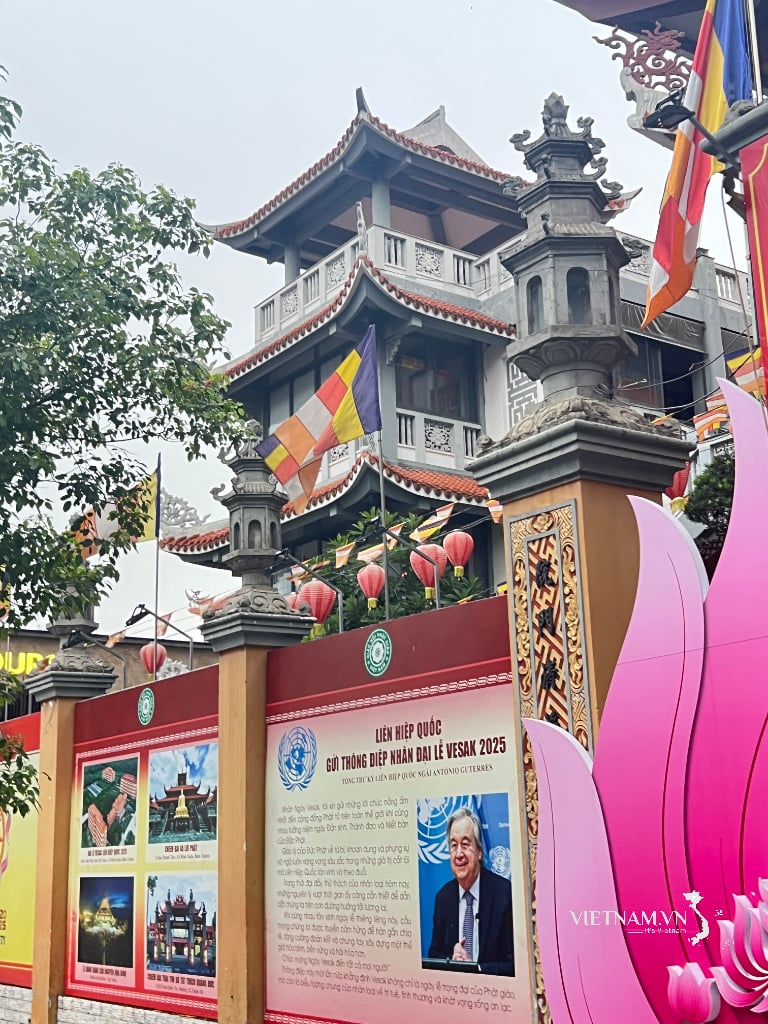
Comment (0)